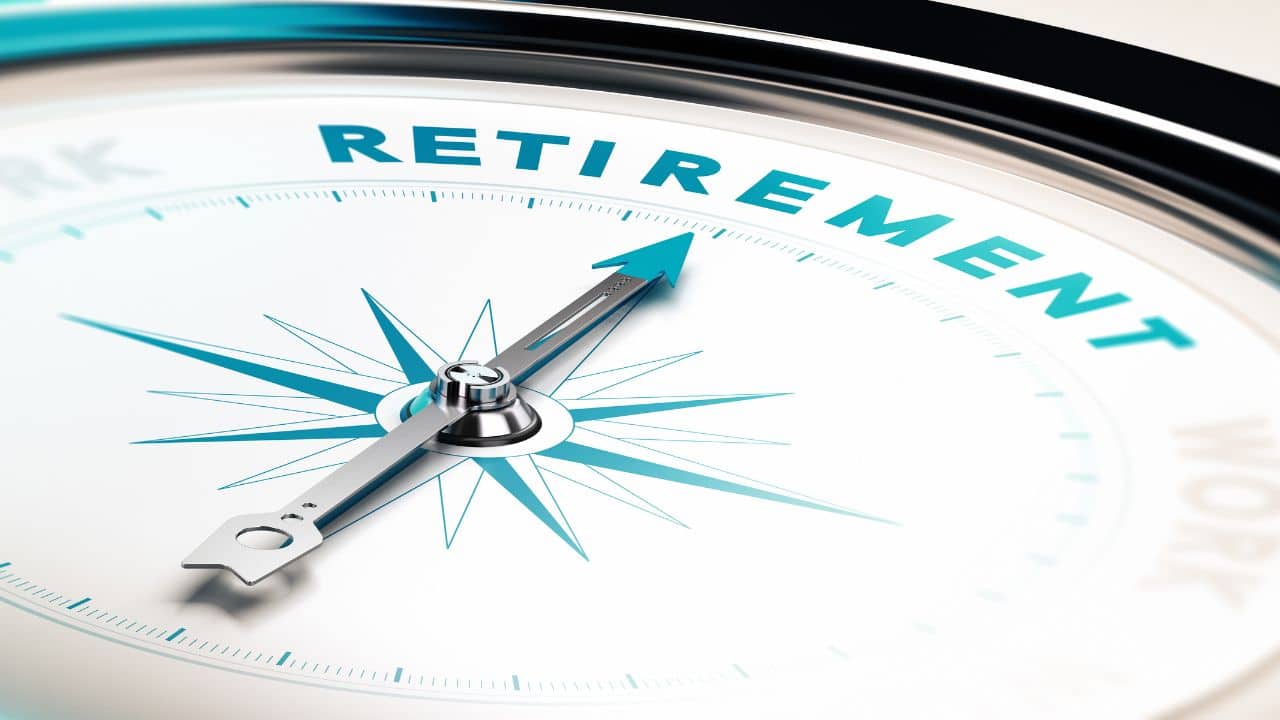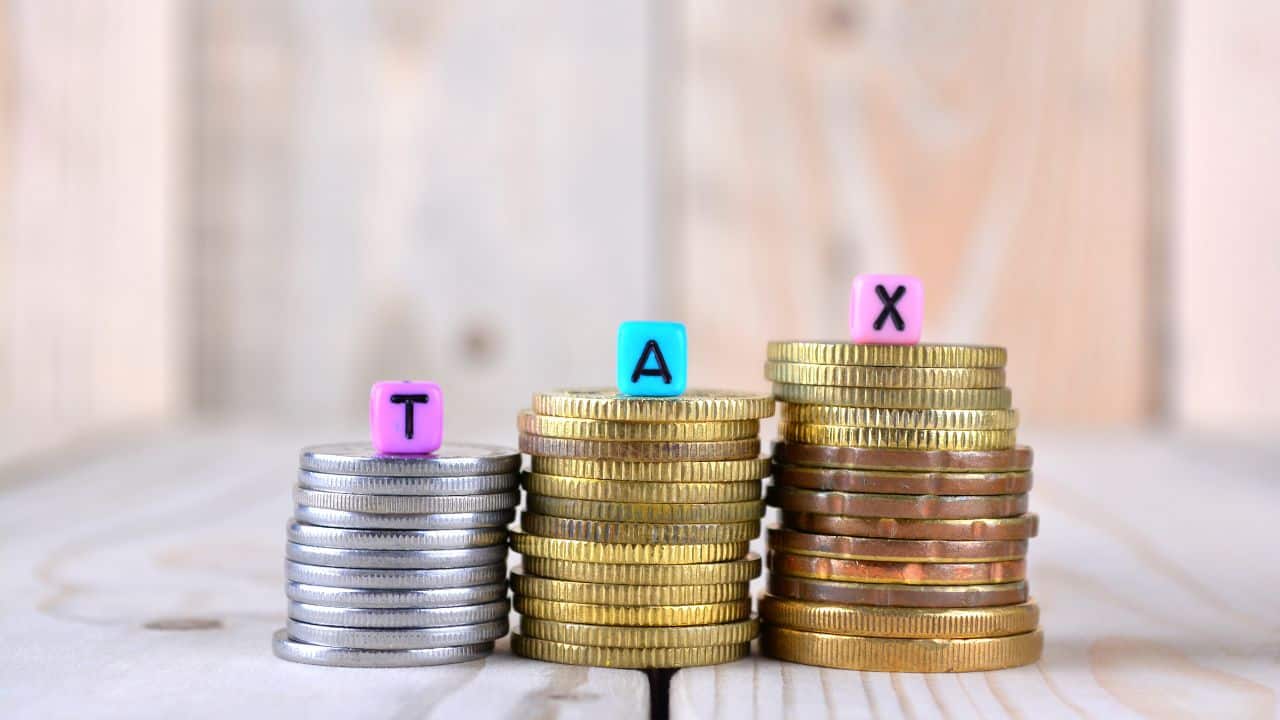If you’re planning for retirement in Ireland, you may have heard of an approved retirement funds (ARF). But what exactly is an ARF, and how does it work?
This guide will provide you with all the information you need to know about ARFs, including eligibility requirements, tax implications, and more.
An Approved Retirement Fund (ARF) is a personal retirement fund where you can keep your money invested as a lump sum after retirement. Approved Retirement Funds (ARF) can only be setup after you access the pension fund you have built over your working life.
Approved Retirement Funds in Ireland
- What is an approved retirement fund (ARF)?
- Who is eligible for an ARF in Ireland?
- How do you set up an ARF?
- What are the investment options and risks for an ARF?
- What are the tax implications of an ARF?
- Approved Retirement Funds ARF: Inheritance.
- Important Terms To Know for Approved Retirement Funds.
What is an Approved Retirement Fund (ARF)?

An Approved Retirement Fund (ARF) is a type of investment account that allows you to keep your retirement savings invested after you retire. Pension advisors refer to them as a post-retirement product.
The two main benefits of Approved Retirement Funds (ARF) are:
- Your fund can continue to grow tax efficiently
- 100% inheritable to spouses/civil partners.
Approved Retirement Funds (ARF) are available to individuals who have a certain level of pension savings and who meet certain eligibility requirements.
When you’re 61+, ARFs give you income of 4% of the fund value per year, increasing to 5% when you’re 71+.
With an ARF, you can also withdraw money from your account as needed to supplement your retirement income, while continuing to earn investment returns on the remaining balance.
Approved Retirement Fund (ARF) are good if:
- You want your retirement fund to have the potential to continue to grow.
- You want more control over how your fund is invested.
- You want to pass on the balance of your fund after your death.
- You want to make withdrawals as and when you need to.
- You have over €30,000 to invest.
- You are comfortable that the value of your fund could fall as well as rise.
However, there are certain tax implications and other considerations to keep in mind when deciding whether an ARF is right for you.
Who is eligible for an ARF in Ireland?
You must have a pre-retirement product to be eligible for an ARF in Ireland. Like a PRSA (Personal Retirement Savings Account), PRB (personal retirement bond), personal pension, or a pension through your job.
You can’t just take a lump sum from your bank account and setup an ARF.
It’s important to note that eligibility requirements may vary depending on your specific pension plan and provider, so be sure to check with them for more information.
How do you set up an ARF?

Setting up an ARF in Ireland involves several steps. First, you must meet the eligibility requirements outlined by your pension plan and provider. Once you are eligible, you will need to transfer your pension savings into an ARF account.
You can do this through your pension provider or a financial institution that offers ARF accounts.
From there, you can choose how to invest your funds and manage your withdrawals. It’s important to work with a financial advisor to ensure you are making informed decisions and maximizing your retirement savings.
To setup an approved retirement fund (ARF) you will need to provide the following documents:
- Proof of identity (Passport or Drivers Licence).
- Bank details, IBAN and Bank Identifier Code (BIC) for ARF withdrawals.
- Source of Investment – Where is the money for the ARF coming from? Must be a pension product along with the policy, proposal and plan number of pre-retirement product. (PRSA, PRB).
- Attitude to risk – For picking funds for your ARF.
Your pre-retirement pension provider will also help with this process.
What are the investment options and risks for an ARF?
An ARF offers a range of investment funds, made up of stocks, bonds, property, and cash. It’s important to consider your risk tolerance and investment goals when choosing your investment fund strategy.
It’s important to work with a financial advisor to ensure you are making informed investment decisions that align with your retirement goals. Every pension client we help completes an attitude to risk profile. This gives us a risk level we believe the client is suited for.
The biggest risk we see with Approved Retirement Funds is the possibility of “bomb out”. It’s often a risk with low-growth investments, or frequent additional withdrawals.
This is where you withdraw more money from your ARF then what it gains in growth. Even if your fund isn’t growing, you can’t choose to stop your 4% distributions. Your fund will run out money & reduce your income.
After retirement, you could live another twenty or thirty years, or more. Your ARF needs to be managed so that continues to grow.
Approved Retirement Funds are investment products. Your investment may go up as well as down.
How does an ARF work?

You can withdraw money from your ARF whenever you want. There are minimum withdrawal requirements after a certain age.
From the age of 61, you must take a minimum distribution of 4% of your approved retirement fund each year.
Your ARF fund value goes up and down based on the investment funds you have chosen. The most efficient Approved Retirement Funds will aim for a return of at least 4% every year. This replaces your 4% distribution payment.
You can switch your funds as you wish, although some providers may have a switching fee over a certain amount of times.
Check your ARF performance several times a year, using the online portal for your provider. Some funds may perform better than the ones you originally choose.
Approved Retirement Fund providers have different rules around funds switching so make sure you know what they are when setting up your product.
What are the tax implications of an ARF?

One of the key considerations when setting up an ARF in Ireland is the tax implications. Your ARF grows tax free. You only pay tax when you withdraw money from your approved retirement fund (ARF).
Withdrawals from an ARF are subject to income tax, USC, and PRSI. After you get your state pension, (currently 66 years old, but this will be increasing to 68), you no longer pay PRSI. You still pay income tax and USC.
The amount of tax you pay will depend on your income and the amount you withdraw each year. It’s important to work with a financial advisor to ensure you are managing your withdrawals in a tax-efficient manner.
An annual ARF payment is treated like a salary payment. The ARF provider will make sure all taxes are paid before transferring payments to your bank account. You’ll even receive a payslip.
Again, it’s important to work with a financial advisor to ensure you are making informed decisions about your retirement savings
Need Retirement Help?
If you need any help understanding your retirement contact us now. We offer a no obligation initial call.
Approved Retirement Funds ARF: Inheritance
One of the main benefits to Approved Retirement Funds ARFs is that they are very inheritable. This is important for spouses and civil partners if your pension is one of your main sources of income in retirement.
It is especially important that couples are aware of how an approved retirement fund works. They may have to manage it at an advanced age where they may be more vulnerable.
We would always suggest that couples have a clear pension retirement plan with important information like policy numbers, website logins and pension advisor contacts.
Any funds remaining in your ARF upon your death may be subject to inheritance tax or income tax for children or other inheritors (except spouses who inherit 100% of estates tax free).
Important Terms To Know for Approved Retirement Funds:

Units
When you cash in your pre-retirement pension, and create your Approved Retirement Fund your money is used to buy units in your chosen funds. A unit is your portion of ownership in the fund.
Allocation Rate
The percentage amount of your contribution that is used to buy units.
Management Charges
The percentage amount taken from your Approved Retirement Fund every year by the pension company for the cost of running the pension.
If you choose to pay for advice from a broker using commission, instead of an upfront fee, this is also included here.
Some funds have higher management fees than others. You can check these with your financial advisor.
Risk Levels
Approved Retirement Fund funds are spread across 7 risk levels. Risk Level 1 is very safe with low potential growth. Risk Level 7 is very adventurous with high potential growth, but high volatility.
Some pension providers have slightly different ways of measuring risk. For example, a level 5 fund from one company could have a higher level of risk than a level 5 fund. It depends on the assets that the fund is invested in.
Be aware when comparing funds from different providers with the same risk level.


